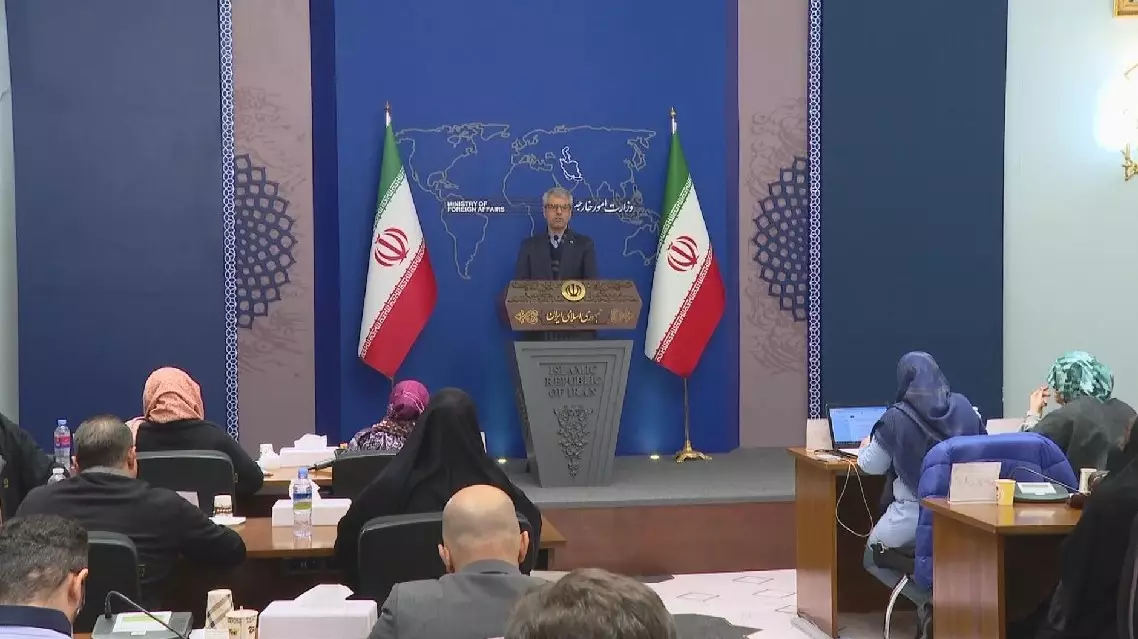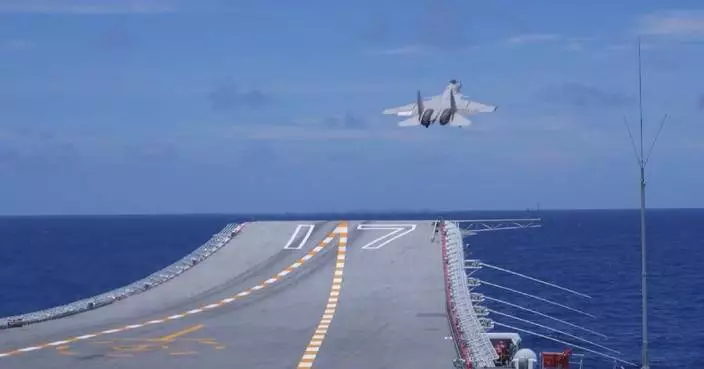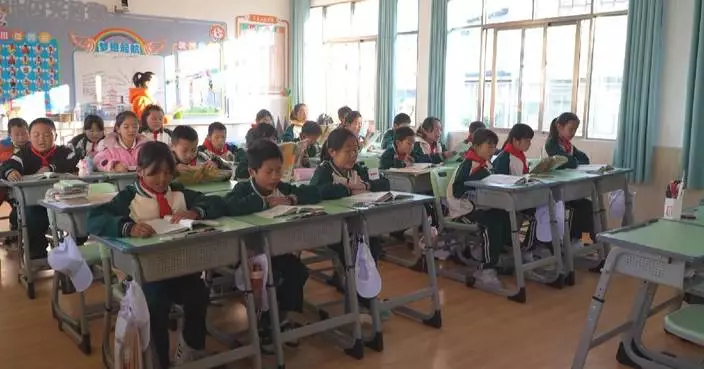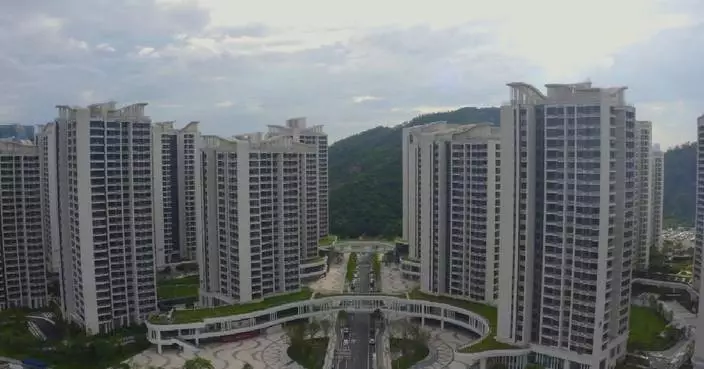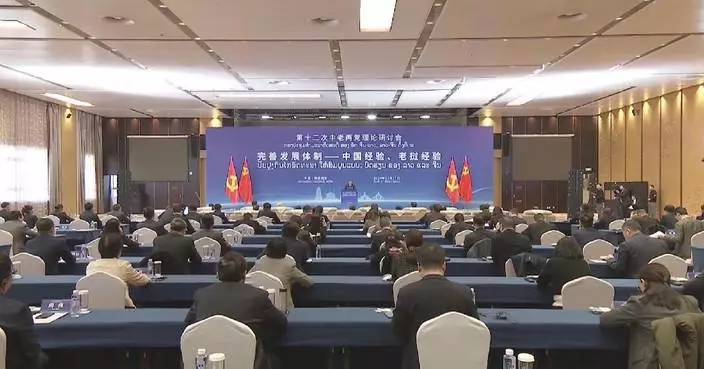Jose Chan Rodrigues, a Macao resident with Portuguese ancestry, has witnessed the beauty of Macao's diverse cultural backgrounds, under the "one country, two systems" policy, since its return to the motherland 25 years ago.
As a major trade port under Portuguese occupation for centuries, Macao returned to China, on Dec. 20, 1999, when the Macao Special Administrative Region (SAR) was established.
Macao has since been governed under the "one country, two systems" policy -- a unique arrangement that allows it to maintain its capitalist system and way of life within socialist China.
Over the past 25 years, Macao has transformed into a multifaceted hub, evolving beyond its moniker as the "Las Vegas of the East."
As a historical city where Chinese and Western cultures meet, Macao displays a unique charm that belongs to a culture typical of southern China, yet with a distinctive European touch.
Raised in a bilingual environment of Cantonese and Portuguese since childhood, Jose Chan Rodrigues, a Macao-born Portuguese, stood out in a hosting competition in 2010, realizing his dream of becoming a presenter.
He quickly made a name for himself in the professional field in Macao. As the connections between the mainland and Macao grow stronger, he has received many job offers from the mainland.
In recent years, whether in the mainland or in Macao, he has become increasingly adept on stage. The role of a host has allowed him to explore his place of birth from a fresh perspective, witnessing the charm of multicultural coexistence in Macao.
Rodrigues said Portuguese cultural elements such as the language and architecture have mostly been preserved in Macao.
"In China, there is a place where Portuguese is deeply ingrained in daily life. Here we see Portuguese-style buildings, while there are Chinese-style buildings across the street. Over the years, such a legacy is a unique existence in Macao. Due to this foundation, the concept of multicultural coexistence thrives more rapidly and suitably in Macao," he said.
During these years, he has developed a deeper sense of his identity, thus shouldering greater responsibilities. Beyond his role as a host, he also serves as the Vice President of the Associação dos Jovens Macaenses (or Macanese Youth Association).
In 1999, Rodrigues was still a child. His father told him not to worry and he said things will turn better.
"Our local drama and Macanese cuisine have been included in the national-level intangible cultural heritage list. Therefore, I believe that the 'one country, two systems' policy can truly allow us Macao-born Portuguese to be more clearly exposed to the world and allow the mainland to have a deeper understanding of us. After Macao's return, our motherland has placed even greater emphasis on cooperation between China and Portugal, proving my father's words true, and things will only get better and better," he said.
Over the centuries, the city has preserved the cuisines of different nations while crafting new flavors through creative fusion. Macanese cuisine, one of the world's first fusion foods, marries Chinese and Portuguese cooking techniques and ingredients. It also incorporates spices and seasonings from regions along the ancient Maritime Silk Road, such as curry and coconut milk, creating dishes with a rich historical and cultural depth.
Standing on the stage in Macao, Macao-born Portuguese like Jose Chan Rodrigues are scripting the stories of the region across various professions.
"In fact, we have always integrated our own development into the overall development of the country. We have never been separate. Before and after Macao's return, the motherland and us have always been closely connected. How about you come back to visit me in five years? I am sure I'll have many more good stories to share with you and introduce more remarkable individuals to you. I believe that by then, you will see a more prosperous Macao," he said. Despite early skepticism, Macao has disappointed naysayers, emerging as a model for the success of the "one country, two systems" policy.

Macao-born Portuguese witnesses special charm in Macao's cultural diversity


